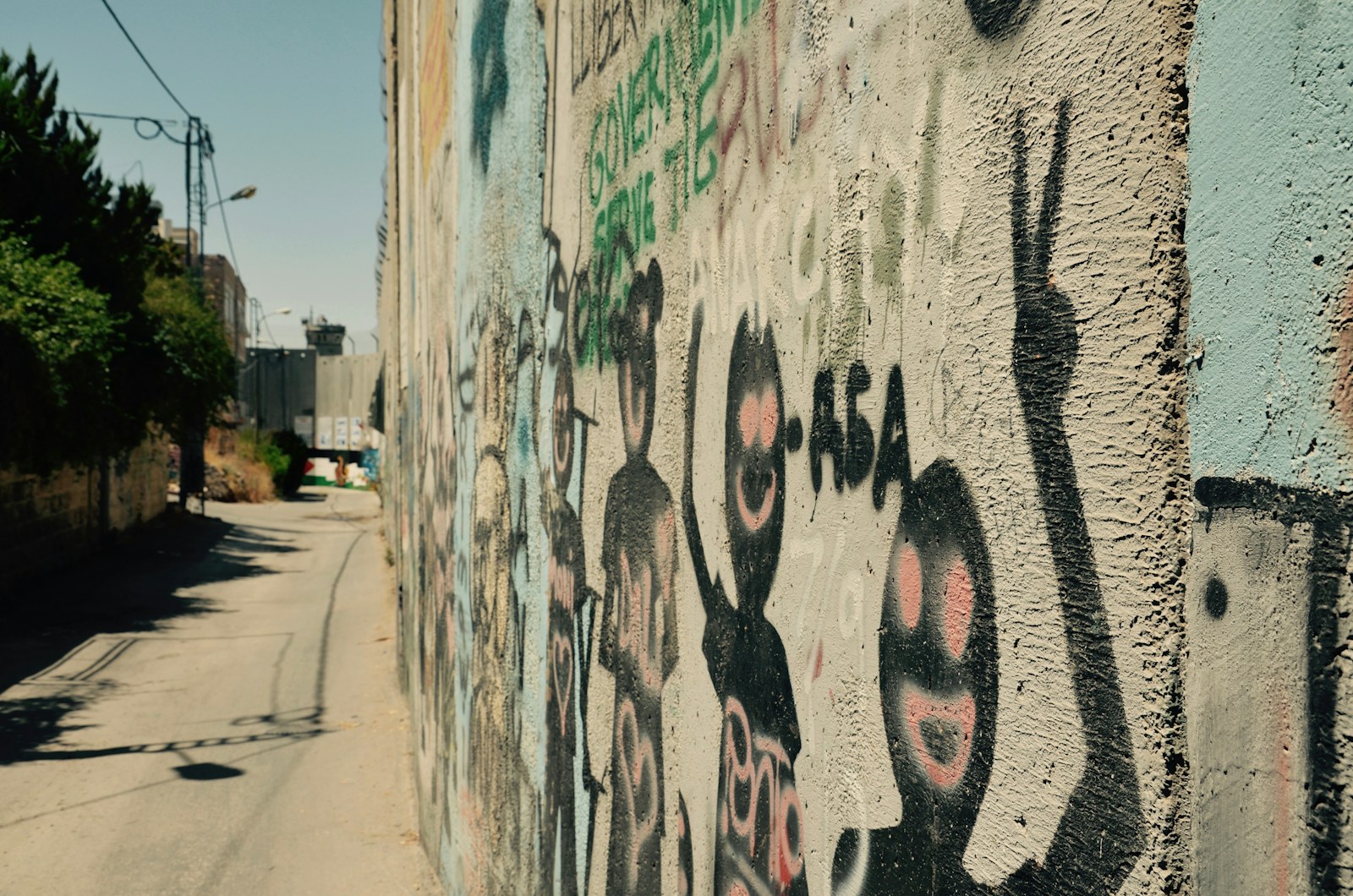
伯利恒
bó lì hēng

bethlehem
In Chinese, 'Bethlehem' translates to '伯利恒'. This word is usually used in the context of a location, specifically referring to the city of Bethlehem which is historically significant in many religions.
Example sentences using: 伯利恒
伯利恒是基督教的圣地。
Bólìhēng shì jīdūjiào de shèngdì.

Bethlehem is a holy place in Christianity.
The phrase denotes that Bethlehem holds religious significance for Christians.
伯利恒位于以色列。
Bólìhēng wèiyú yǐsèliè.

Bethlehem is located in Israel.
This phrase provides geographical information about Bethlehem.
伯利恒有很多古迹。
Bólìhēng yǒu hěnduō gǔjì.

There are many ancient relics in Bethlehem.
This sentence is used to convey that Bethlehem is rich in historical landmarks.
伯利恒的夜晚非常安静。
Bólìhēng de yèwǎn fēicháng ānjìng.

The nights in Bethlehem are very quiet.
The phrase describes the tranquil ambience that prevails in Bethlehem during nighttime.
伯利恒的气候是地中海气候。
Bólìhēng de qìhòu shì dìzhōnghǎi qìhòu.

The climate of Bethlehem is Mediterranean.
The phrase talks about the type of climate that prevails in Bethlehem.
伯利恒的人口不多。
Bólìhēng de rénkǒu bùduō.

Bethlehem has a small population.
This expression is to describe that compared to other cities, Bethlehem's population is not very dense.
每年,很多人会去伯利恒朝圣。
Měinián, hěnduō rén huì qù Bólìhēng zhāoshèng.

Every year, many people go to Bethlehem for pilgrimage.
The sentence implies that Bethlehem is a destination for religious pilgrimages.
伯利恒的历史非常悠久。
Bólìhēng de lìshǐ fēicháng yōujiǔ.

The history of Bethlehem is very long.
The phrase signifies that Bethlehem has a long and rich historical lineage.
伯利恒是一个古老的城市。
Bólìhēng shì yīgè gǔlǎo de chéngshì.

Bethlehem is an ancient city.
This phrase is used to describe Bethlehem as an ancient city.
每年圣诞节,伯利恒都会吸引大量游客。
Měinián shèngdànjié, Bólìhēng dōuhuì xīyǐn dàliàng yóukè.

Every Christmas, Bethlehem attracts a large number of tourists.
This statement talks about how Bethlehem is a popular tourist destination during the Christmas season.